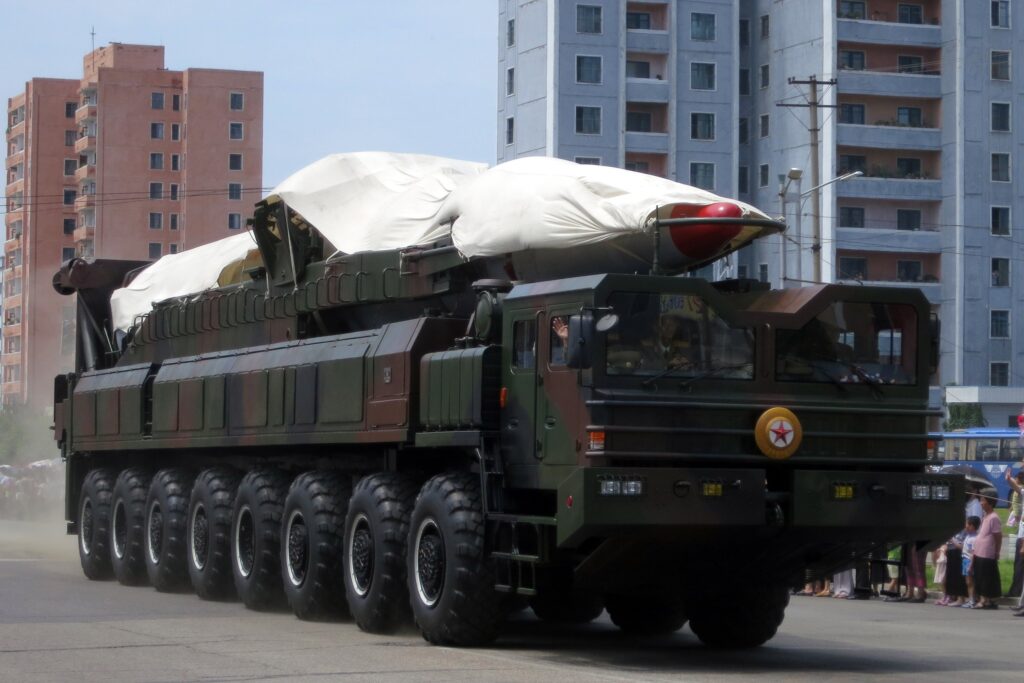Fears that a ballistic missile fired by North Korea could reach Japan has forced inhabitants to take shelter.
J-Alert, Japan’s early warning system, was triggered on the morning of April 13, 2023. Alarms sounded on Hokkaido, in northern Japan, after it was determined that the missile could land near the island. Aircraft and ships in the vicinity were also informed.
“The missile that was launched earlier is expected to fall around Hokkaido around 8 a.m,” the information system said. “Please evacuate to a shelter.”
Japanese coast guard and local officials turned down the alert shortly afterward, stating that the missile would not reach Hokkaido.
“North Korea’s series of actions, including its repeated ballistic missile launches, threaten the peace and security of Japan, the region, and the international community,” Japan’s Ministry of Defense said in a statement. “In addition, such ballistic missile launches violate the relevant United Nations Security Council resolutions and are a serious public security issue.”
Japan and South Korea are both scrutinizing the launch data to assess whether the missile launched was a novel type of intercontinental ballistic missile (ICBM).
A few days before, on April 10, 2023, North Korean leader Kim Jong Un and the country’s military committee had called for an increase in deterrence capabilities to counter “the US imperialists and the [South] Korean puppet traitors [that] are getting ever more undisguised in their moves for a war of aggression.”
The North Korean regime regularly conducts weapons testing, including missile launches in the Sea of Japan. On October 3, 2022, a long-range ballistic missile launched by Pyongyang overflew Japan at an altitude of between 970 and 1,000 kilometers (between around 600 and 620 miles).

